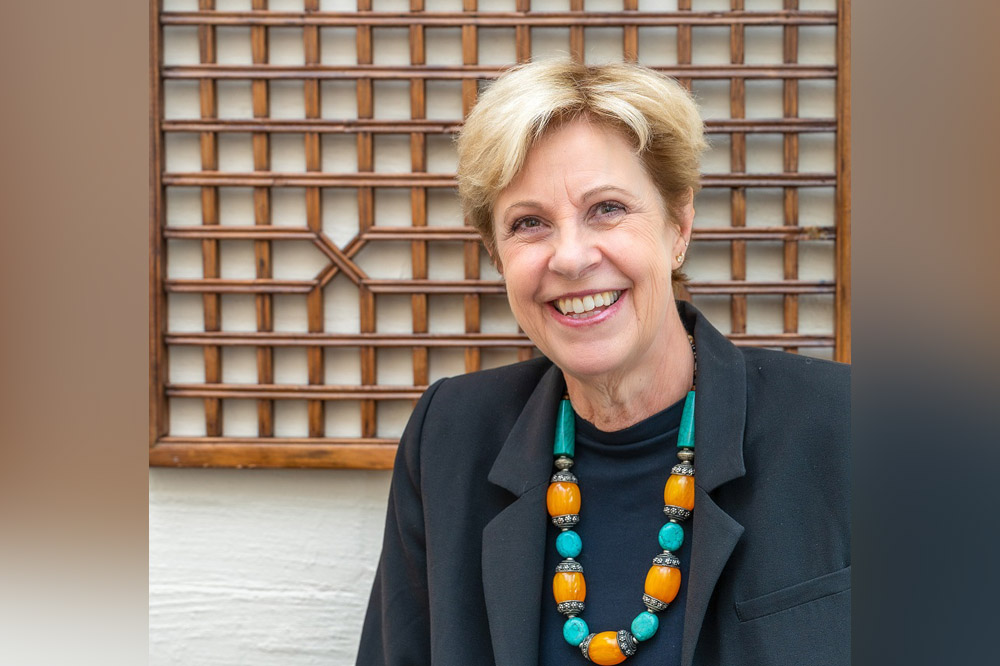
In August, respected educator and leader, Margery Evans, was appointed the new CEO of Independent Schools Australia (ISA), the peak body for the nation’s 1,148 private schools.
Evans has held senior roles in the West Australian, South Australian and Victorian departments of education and was the inaugural CEO of the Australian Institute for Teaching and School Leadership (AITSL), a position she held for six years.
During the course of her illustrious education career, Evans has travelled extensively around the world, drawing on examples of best practice from other education systems to drive systemic improvements in Australian schools.
She has been a classroom teacher in rural, urban and disadvantaged settings, the principal of a primary school and a system leader with responsibility for some of Australia’s most remote schools.
In an interview with The Educator, Evans said she considers it a “privilege” to be joining Australia’s leading body for independent schooling at a time when Independent schools are Australia’s fastest growing school sector, not only in student numbers but diversity.
“It’s this diversity I see as so important, not only for the independent sector but as a way of strengthening education in Australia more broadly,” Evans told The Educator.
“The availability of options and the freedom to choose has become a defining feature of today’s society. This is where the independent sector can make a significant contribution”.
Evans said independent schools offer quality educational choices to Australian families and embrace a range of educational philosophies.
“Our schools include community schools, Steiner and Montessori; represent a variety of faiths from Anglican, Christian, Islamic to Jewish; cater to a breadth of students including high-needs students attending special schools, Indigenous students attending remote schools, and highly disadvantaged youth attending special assistance schools; and the majority of boarding services in Australia are in independent schools,” she explained.
Evans said that under its new name, Independent Schools Australia will continue to provide “a strong national voice on behalf of independent schools” as well as advocating for, and supporting, the delivery of “an ever-broader range of quality education and innovation” to families.
‘Education challenges overseas mirror those in Australia’
Part of Evans’ work overseas has involved being part of the Aga Khan Education Services, a large not-for-profit independent school system in the developing world.
“What I discovered was that the challenges of offering good quality education in Afghanistan or India or Tajikistan mirror those we experience in Australia,” she said.
“Unsurprisingly, the quality of teaching and school leadership, and the relationship between adults and students is critical”.
Evans said that when resources are scarce, teacher training is minimal and adult literacy rates desperately low, the capacity to address these challenges becomes more complex.
“But at the heart it is still the teachers and school leaders that matter the most,” she said.
“What was a little more explicit was the emphasis a Bangladeshi girl or a father working on a construction site in Nairobi, put on education”.
Evans said families make huge sacrifices to enable their children to attend school and students are committed to their studies.
“Behaviour management and attendance are rarely an issue in a village school in Northern Pakistan!”.
Key learnings from COVID-19
Evans said of the many significant learnings for schools and families that have resulted from the coronavirus experience, there are two that really stand out for her.
“The first is that COVID-19 has demonstrated we need to look very carefully at how we support students using digital and online resources,” she said.
“Learning from home certainly accelerated the leap into digitally assisted learning, now we need to ensure our students and educators are as well equipped to thrive in the virtual learning space as they are in a face-to-face environment”.
Evans said the second big learning is the importance of personal welfare and human connections.
“In a myriad of ways, it became clear that student and teacher wellbeing, and taking care of ourselves and each other, is critical,” she said.
“Schools are social places where the personal, interpersonal and social skills that enrich our lives are practised and refined. We need to pay attention to this side of learning as much as the three ‘Rs’”.


